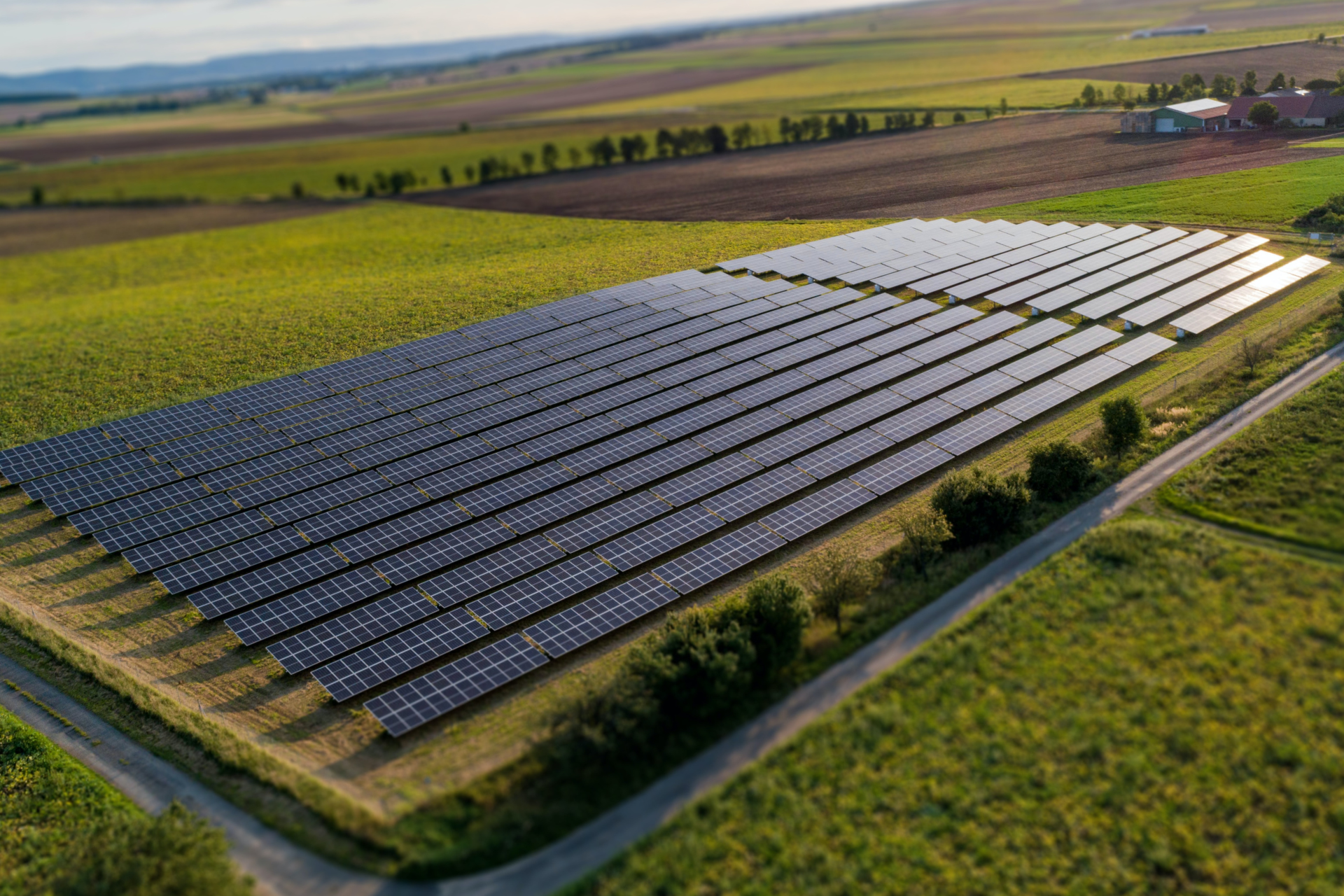It’s no secret that electricity rates are rising, and keeping up with these rate hikes is tough. Fortunately, there’s a simple solution for keeping your bills for energy low: solar cells. Multiple homeowners are making the switch to photovoltaic energy for their cottages, but what does it really entail? After reviewing this guide, you’ll be well prepared to make an informed decision about whether or not to put the cash in apartment solar power!
When you’re looking to buy solar cells, it’s important to know how much electricity they produce. The more watts a panel produces, the more cash it can save you over time. But the most important thing is having a good understanding of your energy usage habits so that you can make sure you’re getting the most out of your investing.
An average American cottage uses about 30 kilowatt hours (kWh) per day, so if you want your new solar cells to pay for themselves and then some, they should produce at least that much electricity every year. That’s about 300 kWh per month — a standard size-15 battery will hold up to 300 kWh of power supply and store it until needed by your appliances or electronics like computers or TVs when there is no sunlight available such as nighttime hours when they go into sleep mode while plugged into outlets around properties.
Strengths of solar cells
Solar cells are a great way to decrease people’s carbon footprint and save dollars spent on your electric bill. The cost of cells has come down significantly in the last few years, making it viable for the average homeowner. In fact, many people install photovoltaic panels with no upfront expenses whatsoever (they’re paid back over time through electricity savings).
Rates and savings
- The cells are expensive, but they’re worth every penny. As to the EIA, the mean price of installing such a system in 2018 was $2.91 per watt. However, the long-term savings are tremendous and well worth the input.
- Installation expenses: After your system is installed, you’ll have one or two more expenses to pay for maintenance and electricity charges (you’ll likely buy less than you used to). These fees can vary wildly depending on where you live, for instance, places with more sun have higher electricity expenses but they’re generally pretty low compared to what most people pay for grid power today.
- Electricity savings: If all goes in conjunction with to plan (i.e., if there aren’t any problems), your new photovoltaic panel system should produce more energy than you need each month so that any excess gets sold back into the grid at wholesale rates (this means some companies offer up-front incentives based on expected production). In short order those credits will add up enough money that even when combined with maintenance fees and other miscellaneous expenses from year four onwards will still mean significant savings overall versus using conventional forms of energy like coal or natural gas… and even if something goes wrong before then!
Why should people get solar cells?
Photovoltaic panels are a great input. They’re an excellent way to lower your carbon footprint, save pocket, and decrease your monthly payments. Even if you don’t care about the environment as much as you do about saving money (or both), solar cells can still be a good stake for you. In this article, we’ve explored why photovoltaic panels are such an important part of smart apartment ownership and offer some tips for finding the right installer for your needs.
Is it wise to contribute to photovoltaic panels?
Solar cells can be a wise deposit for your place. Not only do they save pocket, but they cut your carbon footprint and increase property value too — all while creating a cleaner environment. If you’re interested in installing photovoltaic panels, take into account the popular considerations:
- System size
- Power capacity
- Panel efficiency
Key Takeaways
- Good deposit
- Better for nature
- You save cash
Now you’re aware of solar cells and their strengths: from saving money to helping nature. To begin installing them, contact specialists or the Free Eco Power blog team today.

